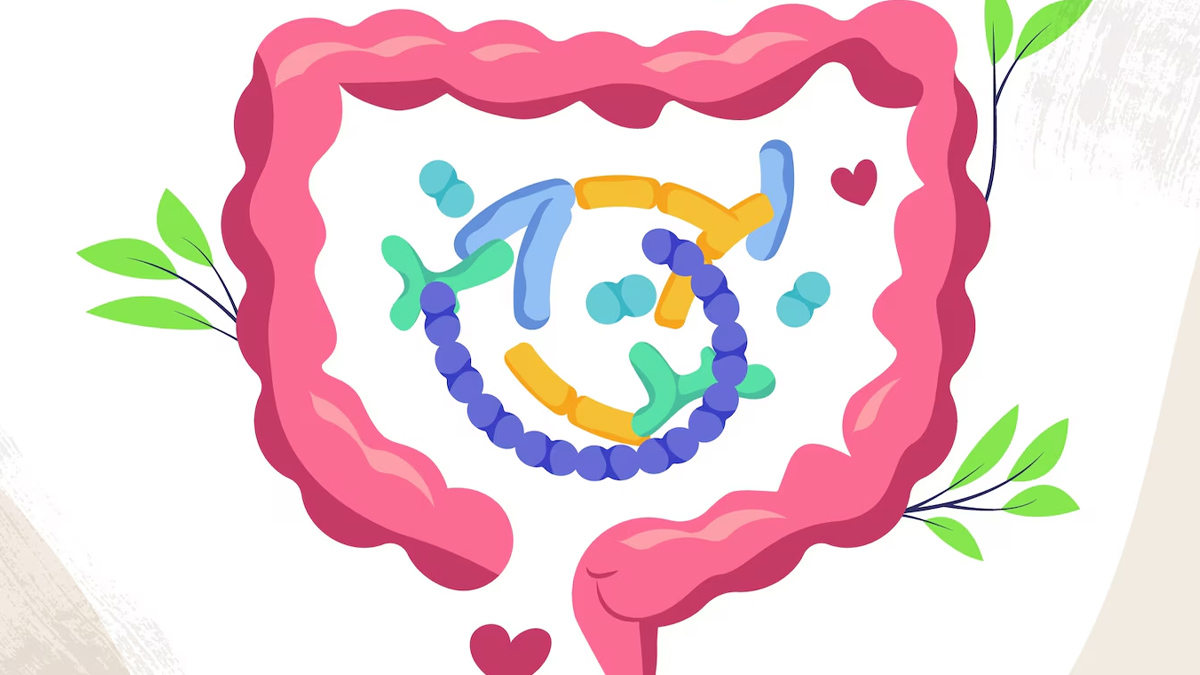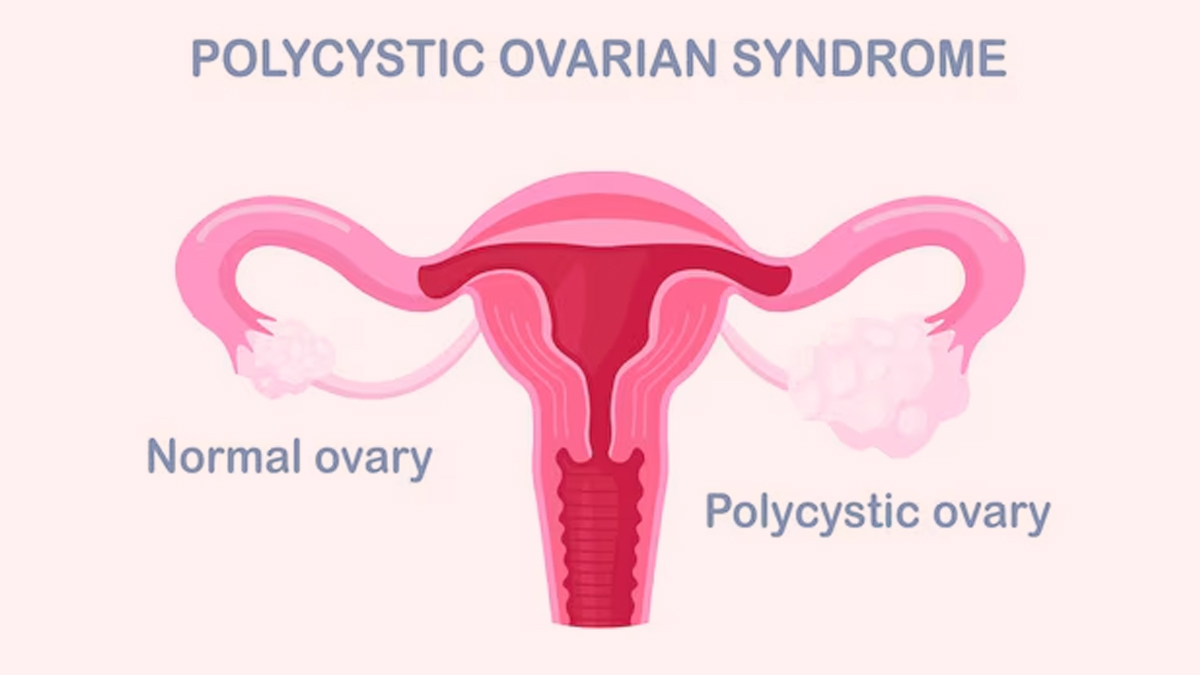The Gut-Bone Link: Why Strong Bones May Start With A Healthy Gut
When someone starts losing bone strength, the first advice they often hear is 'take more calcium' or 'get some sun.' But what if the real issue lies elsewhere, somewhere no one’s looking? That 'somewhere' is the gut.
Over the last few years, researchers and clinicians have begun to notice a surprising pattern. Many patients with poor bone density also show signs of gut trouble, including bloating, poor digestion, and frequent infections. These are the factors that don’t seem bone-related at first. But look closer, and the connection starts to make sense.
We spoke to , who explained this link between bone and gut health.

You could be eating the right foods (greens, dairy, almonds), but if your gut isn’t absorbing nutrients properly, your bones may not see the benefits. This comes down to your gut microbiome, that vast colony of bacteria living in your digestive tract. “When these microbes are thriving, they help your body soak up key minerals like calcium and magnesium. However, when things go awry, stress, long-term medications, and even repeated stomach bugs can weaken the gut lining. And when that happens, absorption drops and bones quietly suffer,” explained Dr Dannana.
According to a 2020 study, changes in the composition of microbiota and the host's responses to it play a role in pathological bone loss. Conversely, adjustments in microbiota that can stop or reverse this bone loss might be accomplished through nutritional supplements containing prebiotics and probiotics.
Most people don’t realise inflammation is chipping away at their bones, not in sudden bursts, but in quiet, steady ways. It often begins in the gut.
“When the gut lining weakens, tiny food particles and toxins can slip into the bloodstream. The body treats them as invaders, setting off an immune response. Over time, this creates a low-level inflammation that doesn’t cause obvious symptoms at first, just vague fatigue or skin flares. But deep inside, it’s triggering chemicals that speed up how quickly bones break down,” said Dr Dannana.
You won’t feel it happening. But years later, when a scan shows thinning bones, this kind of inflammation may be part of the backstory.
Oestrogen protects bone density and this is well-known. But here’s what often gets missed: the gut plays a big role in regulating how it moves through the body.
Gut bacteria help break down and recycle hormones. When that process is off, oestrogen levels can fluctuate, especially in women approaching or past menopause. For someone already vulnerable to bone loss, this imbalance may quietly speed things along.
Then there's the thyroid, whose hormones act like a thermostat for bone activity, regulating the rate at which bones are built up or broken down. Autoimmune thyroid issues, such as Hashimoto's, are frequently linked to gut imbalances, highlighting the digestive system's significant role in bone health, often underestimated.
Fibre does more than keep digestion regular. When gut bacteria ferment fibre, they produce Short-Chain Fatty Acids (SCFAs), and these tiny compounds have a big impact.
Butyrate, one of the key SCFAs, helps reduce inflammation, strengthens the gut lining, and even stimulates cells that build bone. A diet that’s rich in lentils, leafy greens, root vegetables, and whole grains naturally encourages butyrate production. The benefits are subtle but cumulative. Bones, it turns out, are quietly nourished every time the gut gets the fuel it needs.

Polycystic Ovary Syndrome (PCOS) is known for causing hormonal imbalances and metabolic challenges. But many don’t realise it may also affect bone strength, and the gut is often in the middle of this.
Women with PCOS tend to have more gut inflammation, less diversity in gut microbes, and frequent insulin resistance. All of these factors can disrupt nutrient processing and hormone balance, both of which are essential for maintaining skeletal health. Supporting the gut in PCOS isn’t just good for digestion or skin clarity. It may be a silent step toward better bones, too.
Someone might be diligent with supplements and nutrition but still have brittle bones. The reason is poor nutrient absorption.
Conditions like Irritable Bowel Syndrome (IBS), Inflammatory Bowel Disease (IBD), and celiac disease often damage the gut lining, making it harder for the body to pull calcium, magnesium, and vitamin D from food. Long-term use of medications, such as antibiotics or antacids can also disbalance gut flora. Hence, it is essential to include fermented foods, such as yoghurt, homemade pickles, kanji in your diet. They help repopulate the gut with helpful bacteria. And prebiotic foods like onions, garlic, and bananas? They’re the fuel those microbes thrive on.
Even simple daily habits like drinking more water, moving your body, or reducing overly processed foods can help support a stronger gut, and by extension, a stronger skeleton.
Doctors are beginning to ask different questions when bone density starts to decline, especially when patients don’t respond to standard therapies. A growing number now look at gut health as part of the equation.
If someone presents with repeated fractures, unexplained deficiencies, or fatigue that don’t add up, investigating the digestive system may lead to answers.
Dr Dannana concluded, “Bone health is no longer just about bones. It’s a reflection of how well the rest of the body, particularly the gut, is doing its job. From nutrient absorption to hormone balance and immune control, the gut quietly influences the strength of the skeletal system. Paying attention to digestive health could be one of the most overlooked ways to protect bones, especially as the body ages. For anyone facing both gut discomfort and bone loss, addressing this connection early may be the key to lasting relief and resilience.”
[ This article contains information provided by an expert and is for informational purposes only. Hence, we advise you to consult your professional if you are dealing with any health issue to avoid complications.]













